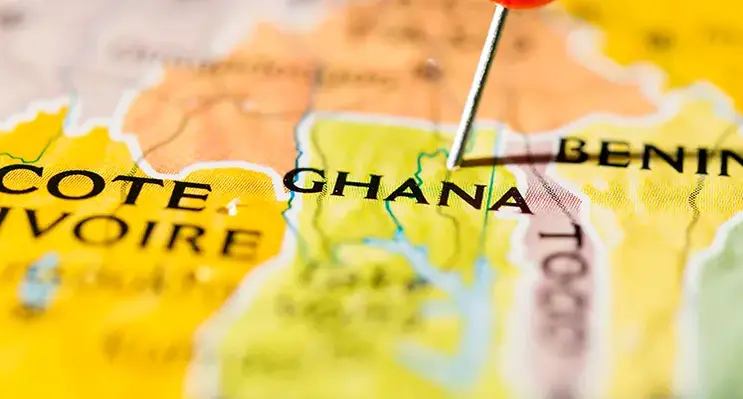NEC XON, one of Africa’s leading systems integrators, has formed a strategic partnership with Mimosa Networks, a global leader in fixed wireless solutions, to boost digital inclusion by bringing high-speed broadband connectivity to underserved and rural communities across the continent
The collaboration has already achieved a landmark rollout across four territories with one of Africa’s largest mobile network operators, marking a significant advancement in closing the digital divide.
“Too often, connectivity is the privilege of the few,” remarked Liesle Botha, key account executive at NEC XON. “Our vision with Mimosa is to extend reliable, high-speed broadband to the communities, schools, hospitals, clinics, and government facilities that need it most – places that fibre simply cannot reach easily or affordably.”
Tackling rural connectivity challenges in South Africa
In many rural regions, commercial mobile network operators have limited motivation to build broadband infrastructure due to low demand for data-heavy services like streaming. However, these communities still require dependable internet for education, public services, and economic participation.
“Mimosa’s technology is specifically engineered for challenging environments, such as rural South Africa. By leveraging unlicensed spectrum, high-gain antennas, and robust design, we partnered with NEC XON to overcome spectrum congestion issues to deliver reliable broadband,” commented Mohsin Ali, director of channel sales for MEA at Mimosa Networks.
Mimosa’s solutions provide point-to-multipoint connectivity, enabling strong broadband delivery from a single hub to multiple surrounding areas. This cost-effective and rapid deployment model makes it ideal for Africa’s varied and often remote landscapes, where fibre infrastructure is either prohibitively expensive or technically unfeasible.
Key advantages of Mimosa’s technology include:
-
Extended frequency support for greater reach and flexibility
-
High subscriber speeds even in congested or interference-heavy environments
-
New non-line-of-sight (NLoS) devices that ensure connectivity even when direct access points are blocked
These solutions are already being deployed in partnership with multiple operators across Southern Africa, with further expansions planned throughout the continent.
“Our strategic partnership with Mimosa positions NEC XON to lead the charge in expanding wireless broadband infrastructure across sub-Saharan Africa,” added Botha. “Together, we’re creating scalable, affordable, and carrier-grade solutions that are not only disrupting legacy access technologies but also empowering millions with access to education, healthcare, government services, and economic opportunities.”
Mimosa’s growing global footprint
Supported by India’s Jio Platforms, Mimosa has become the world’s fastest-growing provider of point-to-point and point-to-multipoint wireless solutions, with over three million devices deployed globally. The company’s ambitious roadmap for Africa includes further developments in non-line-of-sight connectivity, cementing its role as a key disruptor in the wireless broadband sector.
This partnership marks a major milestone in NEC XON’s mission to connect the unconnected and advance Africa’s digital transformation.


























